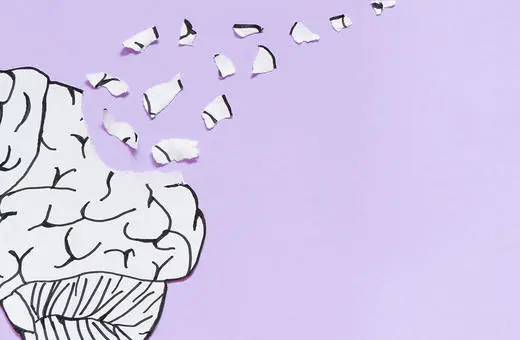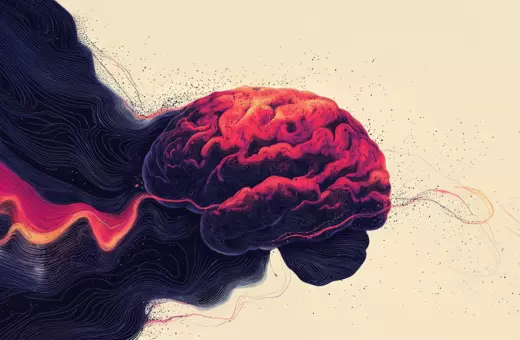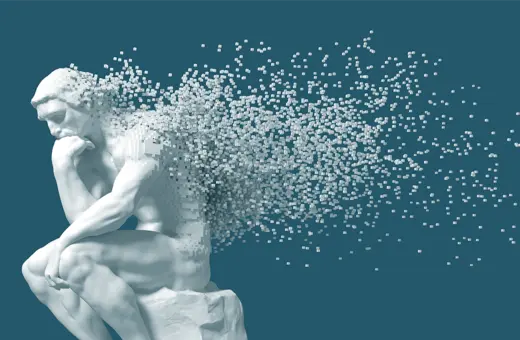Why do we forget? Are memories just stories we tell ourselves? What happens when our identity depends on our capacity to remember?
Memory provides limitless material for philosophy and fiction and continues to be an object of scientific investigation. But what role does this “diary that we all carry with us” – as Oscar Wilde called memory – play in our lives?
Locke’s notion that memories create a continuity of self that forms our identity is now commonplace. But what if the brain undergoes trauma, damaging its capacity to remember? And what of talk therapies like psychoanalysis, founded on our understanding of memory? Might they risk reactivating rather than transcending trauma?
Memories remain mysterious to us, but studies continue to expose how vulnerable they are to manipulation and how easily we create false ones. In a post-truth world, how might fake news affect what we remember? How can we form an understanding of the world when the truth of our experience, past and present, is under attack?
We remember experiences collectively too, and these memories inform history. On the other side of the coin, we forget collectively. What happens when a community’s story falls by the wayside of human consciousness?
Not only is memory fallible, but it is also muddies the waters of morality. Is it right that forgiveness is so intricately tide up with our ability to recall the past? And should you be punished for a crime you can’t remember?
In this issue of IAI News, memory is centre stage. How are memories created and the past reconstructed? What does it mean to remember? And what does it mean to forget?
Are we all suffering from collective amnesia?
Alessandra Tanesini, philosopher at Cardiff University
Do statues commemorating imperialists and slave owners manipulate our memory of the past? Professor of philosophy Alessandra Tanesini argues that monuments inform our historical narratives and simultaneously silence experiences that should be heard.
Should people be punished for crimes they can’t remember committing?
Helen Beebee, philosopher at the University of Manchester
In 1985 Vernon Madison murdered a police officer and was sentenced to death by lethal injection. But he suffers from dementia and has no memory of the crime. Can he be held morally responsible? Helen Beebee investigates.
Laughing and Crying about the Second World War
Catherine Brown, senior lecturer in English at New College of the Humanities
How should we remember humanity at its worst? It’s not just a question of thinking about the pain suffered, argues Catherine Brown. We must also reflect on groups that are demonised today and how discrimination can snowball into similar atrocities.
Forgetting Plasticity: Catherine Malabou and the Brain Beyond Memory
Benjamin Dalton, researcher in French thought and culture at KCL
Neuroscience celebrates the ‘plastic’ quality of our brain: its ability to adapt and change. But what happens to identity when our brain is damaged in some way? Benjamin Dalton asks if this ‘destructive’ plasticity radically undermines the status quo narrative of self.
Could fake news create fake memories?
Dean Burnett, neuroscientist at Cardiff University
The rise of fake news is considered by many to be a threat to democracy and truth. But what about its effect on our memory? Rejecting the real has significant consequences on our brains, according to neuroscientist Dean Burnett.















Join the conversation